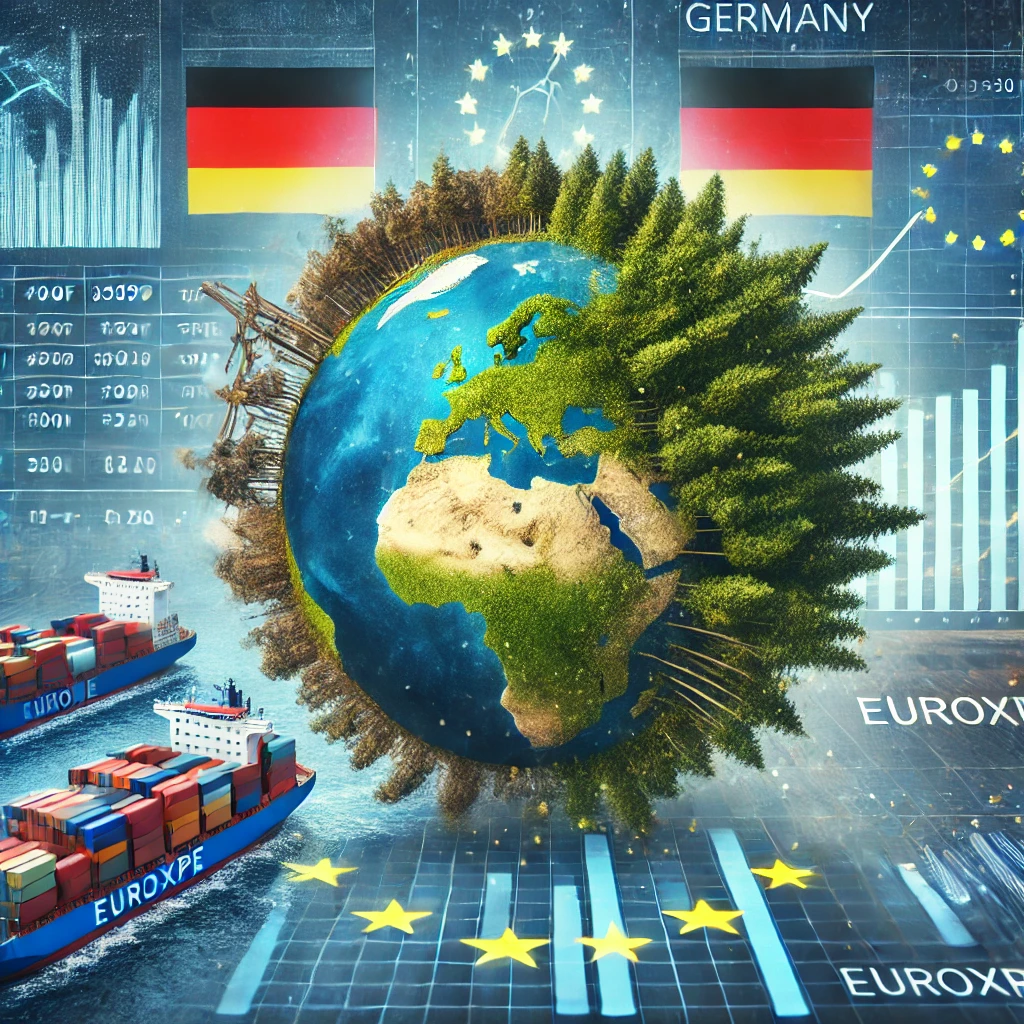German Chancellor Olaf Scholz has raised concerns over the new EU anti-deforestation law, which aims to prevent the sale of products linked to deforestation on the European market. Scholz has called for a postponement of the law, citing the need for more time to ensure that it is practicable for industries and trade partners. He has taken his concerns directly to European Commission President Ursula von der Leyen, requesting that the law be delayed until further clarifications are made.
Scholz’s Lobbying Efforts to Postpone the Regulation
Scholz has become the first European leader to officially advocate for delaying the implementation of the new rules. His stance follows mounting pressure from various agriculture ministers and centre-right politicians across Europe, including German MEP Peter Liese, who is a member of the European People’s Party (EPP), the same political group as von der Leyen. These voices have expressed similar concerns in recent weeks, arguing that the regulation, as it currently stands, presents significant challenges for European industries and global trade.
Controversy Over the Legislation
The new EU deforestation law has faced considerable backlash since it was proposed. The regulation demands that companies selling goods such as wood, coffee, cocoa, soy, palm oil, rubber, and cattle in the EU must demonstrate that these products were not produced on deforested land. Critics, however, argue that the complexities involved in proving this compliance could create unintended barriers to trade and negatively impact both European and global economies.
Countries like Brazil, Indonesia, and Malaysia have been particularly vocal, suggesting that the new law could harm their smaller farmers, erect trade barriers, and drive up global prices. The regulation’s impact on the international market has drawn the attention of global organisations, with the head of the World Trade Organization (WTO), Ngozi Okonjo-Iweala, urging the EU to reconsider the effects of the law on international trade relations.
European Industry Concerns
Alongside global trade concerns, European businesses, particularly those in agriculture and forestry, have also voiced their dissatisfaction. Many companies are unprepared to meet the stringent requirements and need more time to develop proper traceability and due diligence systems. These systems are essential to verify that their supply chains comply with the regulation. Moreover, several businesses have criticised the European Commission for delays in producing the necessary technical guidance documents that would assist them in meeting the law’s requirements.
Scholz’s Call for Clarification
Speaking at a conference in Berlin, Scholz revealed that he had already engaged in discussions with von der Leyen regarding the regulation. He highlighted the concerns raised by the German digital and newspaper publishers association (BDZV), which argued that the law imposes “impractical requirements” and creates a heavy bureaucratic burden on companies. Scholz advocated for a temporary suspension of the law until these open issues are resolved.
Industry Lobbyists Seek Amendments
In a letter sent to the German government and the European Commission in March, the BDZV expressed strong opposition to the law’s perceived bureaucratic weight. They have requested that the Commission address these concerns by reducing the sanctions, risks, and administrative burdens linked to the legislation. The current timeline requires companies to comply by 30 December, but businesses and politicians alike are urging a delay to ensure that the regulation is implemented in a more efficient and sustainable manner.
As these discussions continue, it remains unclear whether the European Commission will heed these calls for a postponement. Nevertheless, the debate highlights the complex balance between environmental protection and economic interests within the EU.






